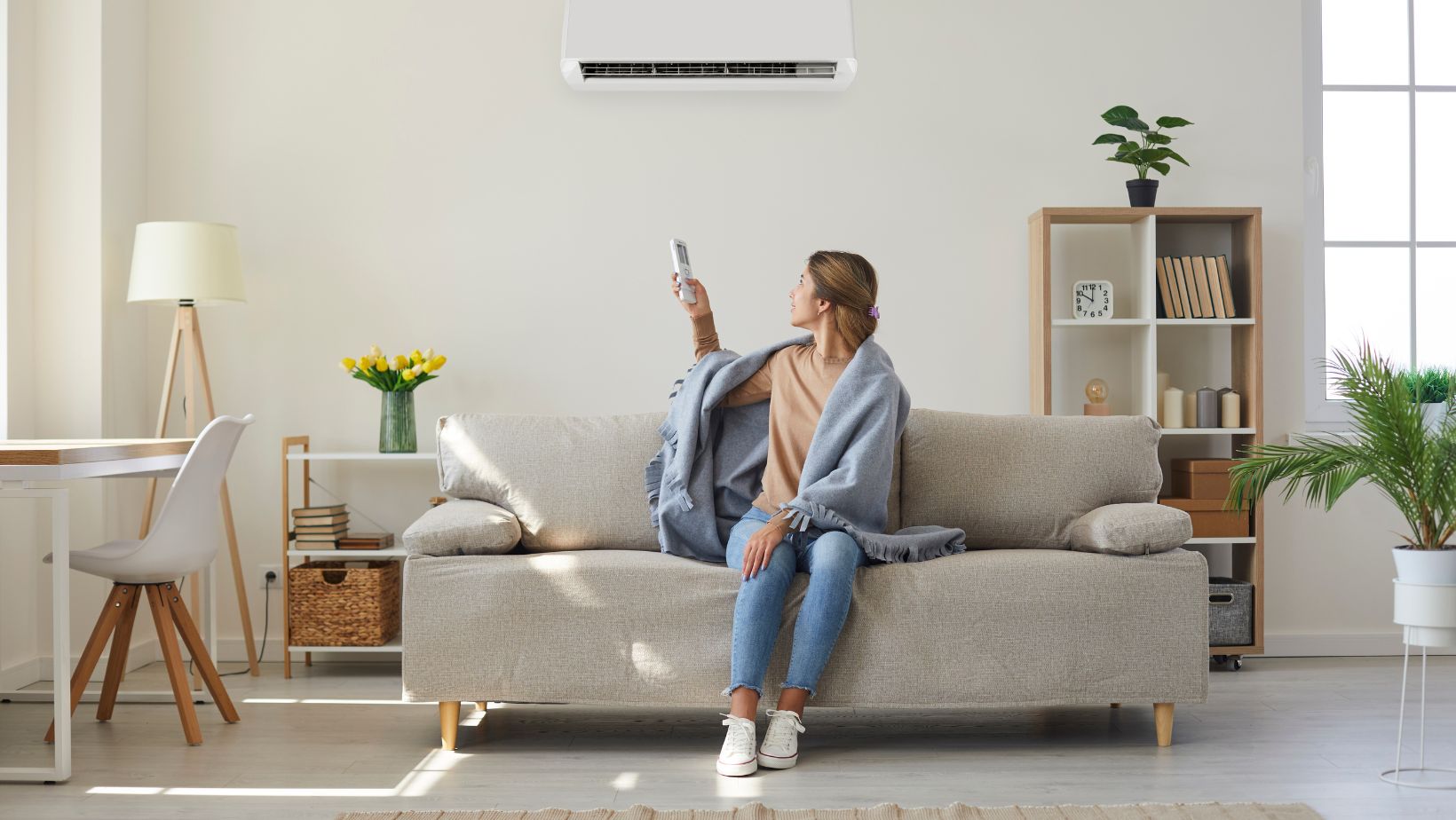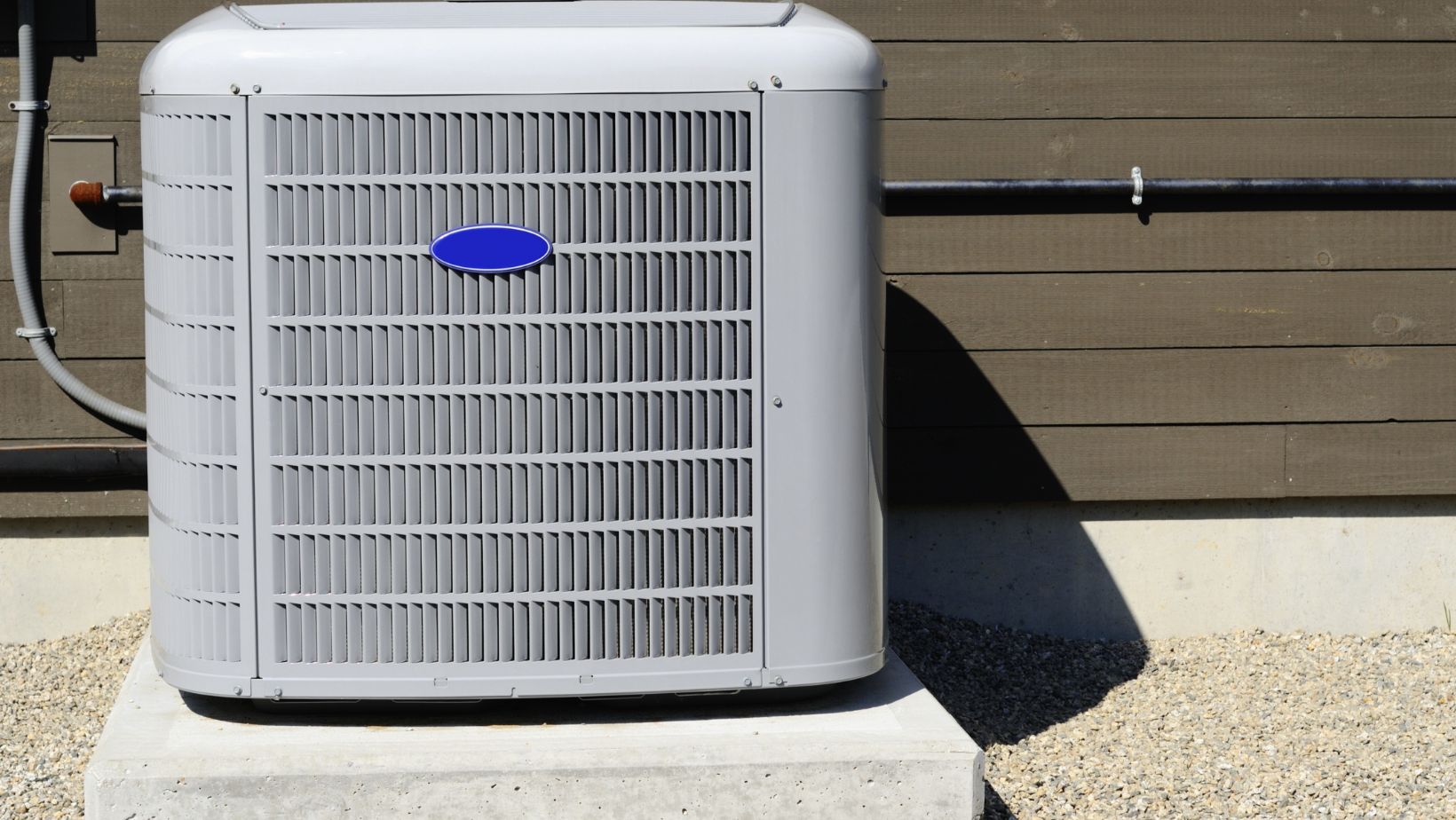Key Takeaways
- Proper HVAC care can improve indoor air quality and energy efficiency.
- Understanding common HVAC issues helps in preventive maintenance.
Table of Contents
- The Importance of HVAC Maintenance
- Common HVAC Issues and Solutions
- Tips for DIY HVAC Maintenance
- When to Call a Professional
- Frequently Asked Questions
The Importance of HVAC Maintenance
Routine HVAC maintenance guarantees that your system functions effectively and dependably. An efficient HVAC system can reduce utility expenses and lower the risk of unexpected breakdowns. Finding a reliable HVAC service near me can benefit those seeking assistance. Regularly scheduling maintenance appointments ensures that your system remains in excellent condition and lasts longer. This proactive approach helps catch minor issues before they escalate into costly repairs or replacements.
Additionally, routine maintenance can enhance the air quality within your home. Over time, dust, pollen, and other pollutants can gather in your HVAC system, posing a threat to your health. Maintaining your system can help ensure that the air circulating throughout your home is clean and safe. Insufficient air quality indoors may result in a range of health problems. A well-maintained HVAC system filters out these contaminants effectively, providing a healthier living environment for you and your family.
Common HVAC Issues and Solutions
Clogged Filters
Dirty filters can restrict airflow, forcing the system to work harder to circulate air. It reduces efficiency and can lead to overheating and potential system failure. Regularly cleaning or replacing your filters can prevent this problem.
Ignoring this simple maintenance task can result in higher energy bills and decreased air quality. For optimal performance, consider upgrading to high-efficiency filters that capture smaller particles and enhance air quality further.
Refrigerant Leaks
If your system is low on refrigerant, it may need to reach the desired temperature to cool your home or run continuously. A professional should address refrigerant leaks to ensure the proper handling and recharging of the system. Leaks can lead to insufficient cooling and increased energy consumption.
Thermostat Malfunctions
Inconsistent temperatures in your house may result from a faulty thermostat. If your system is heating or cooling unevenly, it is time to check the thermostat settings or replace the thermostat altogether. Modern programmable thermostats provide advanced functions that greatly enhance comfort and energy efficiency. Regularly updating and calibrating your thermostat can ensure consistent temperature control, reducing energy waste and improving overall comfort in your home.
Tips for DIY HVAC Maintenance
Regular Inspections
Periodic evaluations of your HVAC system can help you recognize possible problems before they escalate into significant issues. Check for loose connections, worn-out parts, and unusual noises. This can go a long way in ensuring your system runs smoothly. Regular inspections also allow you to address minor problems immediately, preventing them from escalating into major repairs.
Cleaning the Area Around Your HVAC System
Keeping the area around your HVAC system clean is another essential maintenance tip. Clear away any debris, leaves, or dirt that may have accumulated. It helps in maintaining proper airflow and prevents the system from sucking in unwanted materials. A clean environment around your HVAC unit reduces the strain on the system and minimizes the risk of damage. Ensuring adequate space around the unit also allows for better ventilation and improved system efficiency.
Follow a Seasonally Adjusted Maintenance Schedule
Tasks like changing the thermostat settings according to the season and checking the system’s refrigerant levels can significantly improve performance.
During the summer, ensure your cooling system is ready to handle the increased demand; in the winter, give your heating system a thorough check. Regular maintenance throughout the year ensures optimal performance and helps avoid costly repairs during peak seasons.
When to Call a Professional
While homeowners can perform many HVAC maintenance tasks, some issues may require professional attention. If you hear strange sounds, experience uneven temperatures, or see higher energy costs, contact a specialist. Regular professional inspections and servicing can prevent minor issues from becoming major problems.
Additionally, if you suspect a refrigerant leak or your system isn’t reaching the desired temperature despite regular maintenance, it’s crucial to seek professional help immediately. Handling refrigerants requires specific skills and certifications; only a professional can ensure it’s done safely and correctly. Attempting to fix refrigerant issues on your own can be hazardous and may result in further damage to your system. Trusting a qualified technician ensures the job is done right, maintaining the efficiency and longevity of your HVAC system.
Frequently Asked Questions
- How often should I service my HVAC system? Ideally, it would be best if you had your system professionally serviced at least once a year. Annual servicing ensures that your system remains in optimal condition and helps identify potential issues before they escalate.
- Can I perform HVAC maintenance myself? Indeed, homeowners can perform various maintenance duties independently, like replacing filters and tidying up the space surrounding the system. These simple tasks can significantly improve the efficiency and lifespan of your HVAC system.
- What are common signs of HVAC problems? Unusual noises, inconsistent temperatures, and increased utility bills are common signs that your HVAC system needs attention.

























